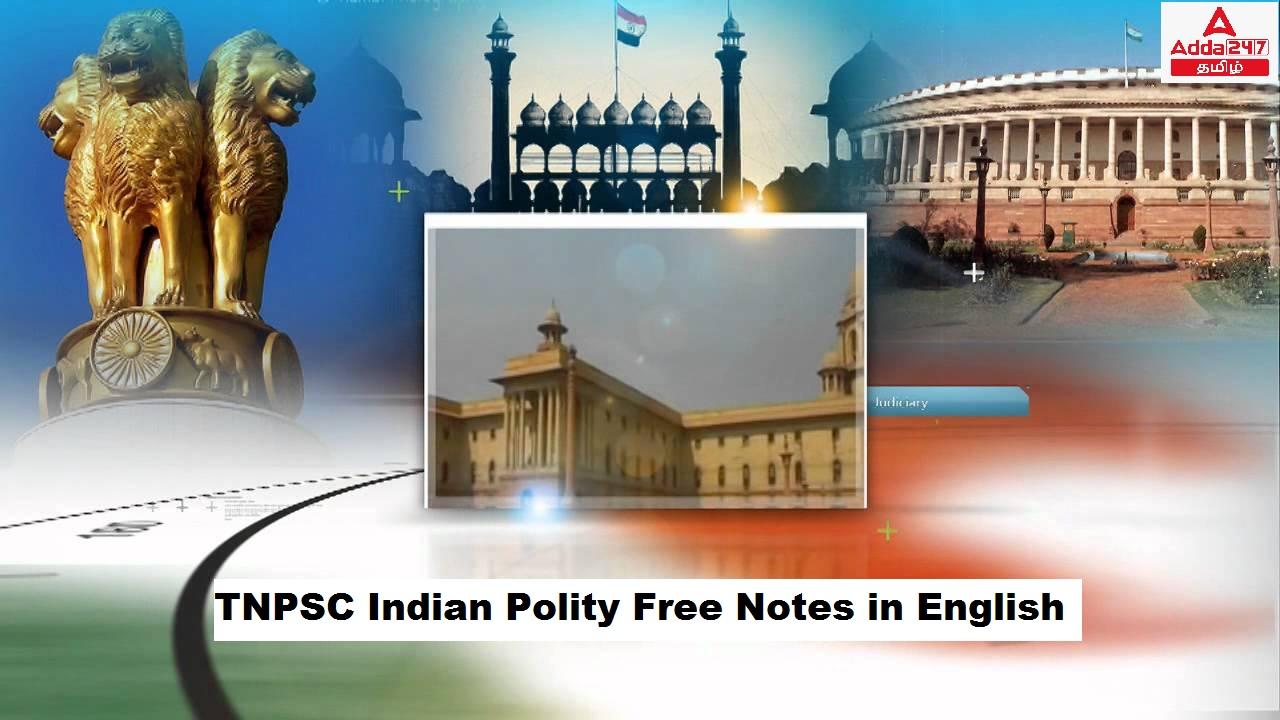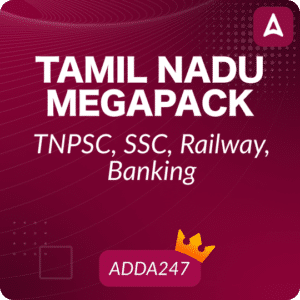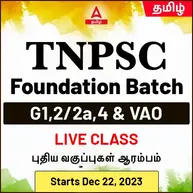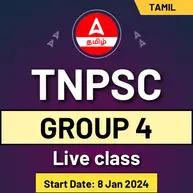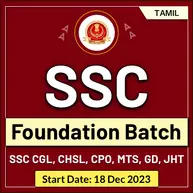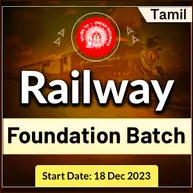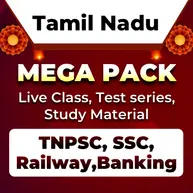இந்தக் கட்டுரையில், TNPSC குரூப் 1, குரூப் 2, குரூப் 2A, குரூப் 4 மாநிலப் போட்டித் தேர்வுகளான TNUSRB, TRB, TET, TNEB போன்றவற்றுக்கான முறைகள் இலவசக் குறிப்புகளைப் பெறுவீர்கள்.தேர்வுக்கு தயாராவோர் இங்குள்ள பாடக்குறிப்புகளை படித்து பயன்பெற வாழ்த்துகிறோம்.
Chief Minister and Council of Ministers
Introduction
In the scheme of the Parliamentary system of Government provided by the constitution,
the Governor is the nominal executive authority and the Chief Minister is the real
executive authority.
In other words, the Governor is the head of the State, while the Chief Minister is the
head of the Government.
The appointment of the Chief Minister
The Chief Minister is appointed by the Governor of the State. The leader of the majority
party or majority group in the State Legislative Assembly is appointed as the Chief
Minister.
In case no party commands an absolute majority, in the Legislative Assembly or the
majority fails to elect its leader, the Governor can use his power and invite the leader of
the other largest party to form the ministry.
He has to prove the confidence (majority support) in the Legislative Assembly within the
period stipulated by the Governor.
The term of the Chief Minister is not fixed. He may remain as the Chief Minister as long
as he enjoys the support of the majority of the members of the Legislative Assembly.
He has to resign when he losses the confidence of the majority in the assembly.
It is ‘understood that normally he completes 5 years term like other members in the
Legislative Assembly.
Powers and functions of the Chief Minister
The Chief Minister is the real executive head of the State administration.
He has the following powers and functions.
Relating to the Council of Ministers
Relating to the Governor
Relating to the State Legislature
Other functions and powers.
Relating to the Council of Ministers
As the head of the Council of Ministers, the Chief Minister enjoys the following functions
and powers.
The Chief Minister recommends the persons who can be appointed as ministers by
Governor.
He allocates the portfolios among the Ministers.
He shuffles and reshuffles his Ministry.
He can ask a Minister to resign or to advise the Governor to dismiss him in case of
difference of opinion.
He presides over the meetings of the Council of Ministers and influences its
decisions.
He can bring about the collapse of the Council of Ministers by resigning from office.
He guides, directs, controls, and coordinates the activities of all the Ministers.
Relating to the Governor
The Chief Minister is the principal channel of communication between the Governor and
the Council of Ministers.
Chief Minister advises the Governor in relation to the appointment of the following
officials:
Advocate General of the State
State Election Commissioner
Chairman and Members of the State Public Service Commission
Chairman and Members of the State Planning Commission
Chairman and Members of the State Finance Commission
Relating to State Legislature
The Chief Minister advises the Governor with regard to the summoning and proroguing
the sessions of the state legislature.
He announces the government policies on the floor of the house.
He can introduce the bills in the Legislative Assembly.
He can recommend for the dissolution of the Legislative Assembly to the Governor
anytime.
Other function and powers
As the leader of the ruling party, the Chief Minister has to control the party and develop
the disciplines.
As the leader of the state, he has to keenly consider the demands of the different
sections of the people.
As the political head of the various services, he has to supervise, control and co-
ordinate the secretaries of various departments in the state level.
For smooth functioning of the State and for good centre-state relations, he has to
develop a rapport with the union government.
Council of Ministers
The Council of Ministers are collectively responsible to the State Legislature. All the
members of the Council of Ministers must be the members of the State Legislature.
Those who are not the members at the time of their appointment, must secure their
seats in the Legislature within a period of 6 months. All the ministers work as a team
under Chief Minster.
As long as the Chief Minister is in office, the Council of Ministers will also be in power. If
a no-confidence motion is passed by the Legislative Assembly, the State Ministry shall
resign.
Article 163 provides for a Council of Ministers to aid and advice the Governor.
According to Article 163(1) there shall be a Council of Ministers with the Chief Minister
at the head to aid and advice the Governor in the exercise of his functions, except in so
far as he is by or under this Constitution required to exercise his functions or any of
them in his discretion.
Other Provisions relating to Ministers
Article 164(1) holds that the Chief Minister shall be appointed by the Governor and the
other Ministers shall be appointed by the Governor on the advice of the Chief Minister,
and the Ministers shall hold office during the pleasure of the Governor.
Article 164(1A) states that the total number of Ministers, including the Chief Minister, in
the Council of Ministers in a State shall not exceed fifteen percent of the total number
of members of the Legislative Assembly.
The functions and powers of the Council of Ministers
It formulates and decides the policies of the State and implements them effectively.
It decides the legislative programmes of the Legislative Assembly and sponsors all
important bills.
It controls the financial policy and decides the tax structure for the public welfare of the
State.
It chalks out programmes and schemes for the socio-economic changes so that the state
makes headway in various inter-related fields.
It makes the important appointments of the Heads of Departments.
It discusses and takes effort on the dispute with other states.
It advises the Governor on the appointment of Judges of the subordinate courts.
It frames the proposal for incurring expenditure out of state reserves.
It decides all the bills whether ordinary bills or money bills to be introduced in the
Legislative Assembly.
Each Minister of the Council of Ministers supervises, controls and coordinates the
department concerned.
Annual Financial Statement called as the Budget is finalised by the Council of Ministers.
**************************************************************************
| Adda247 TamilNadu Home page | Click here |
| Official Website=Adda247 | Click here |

